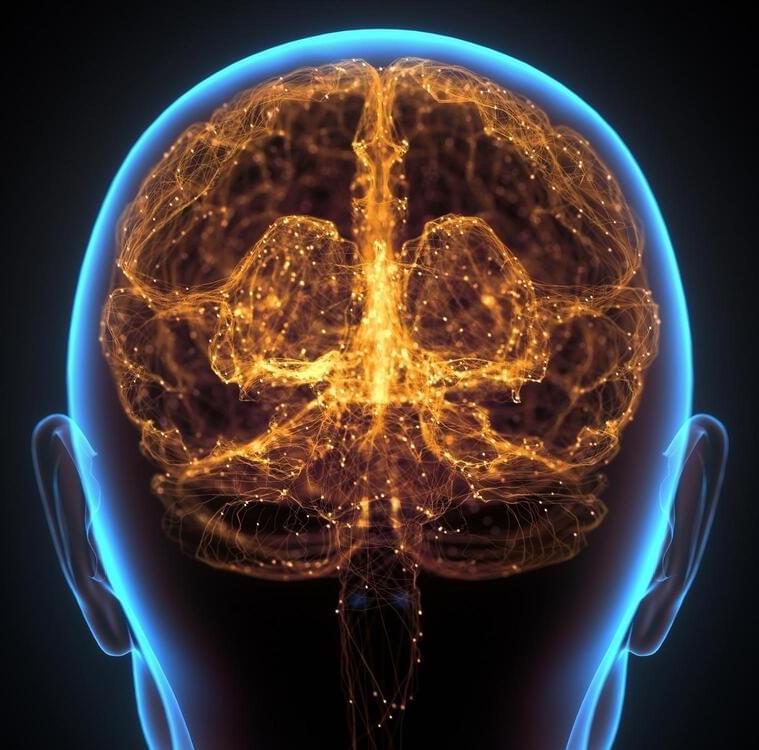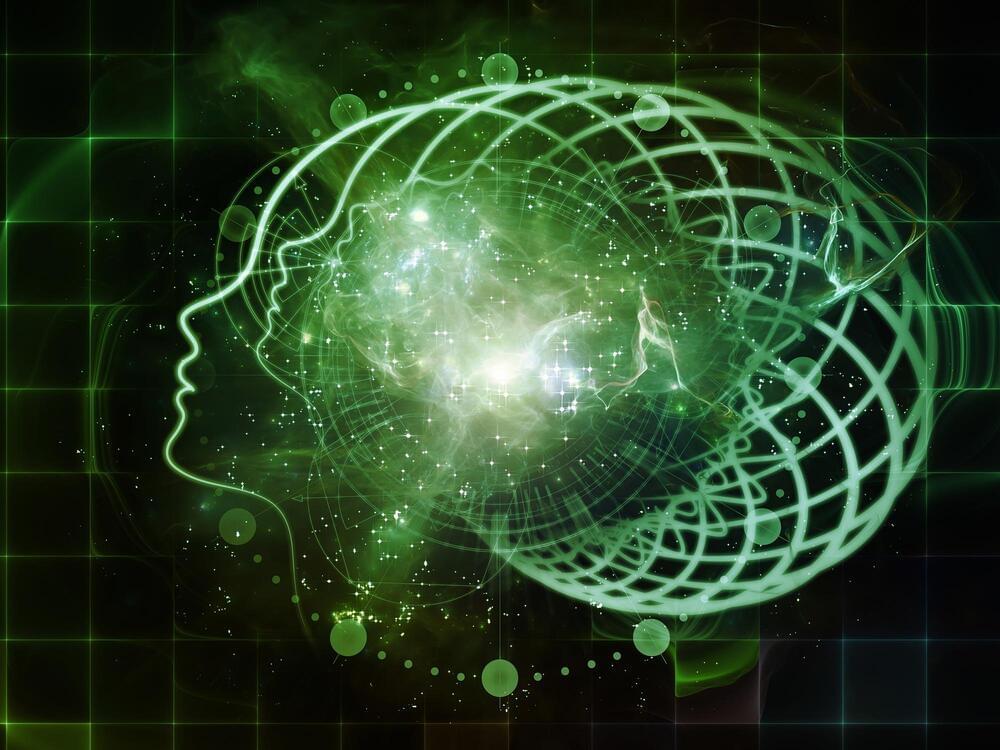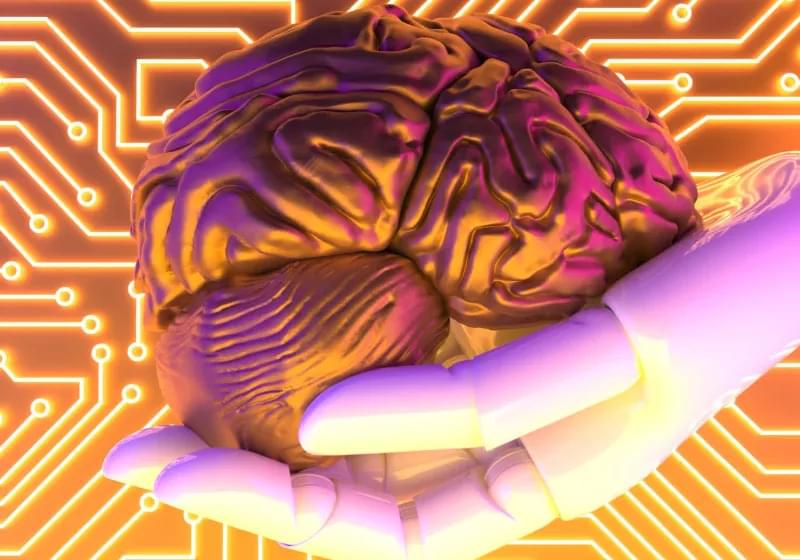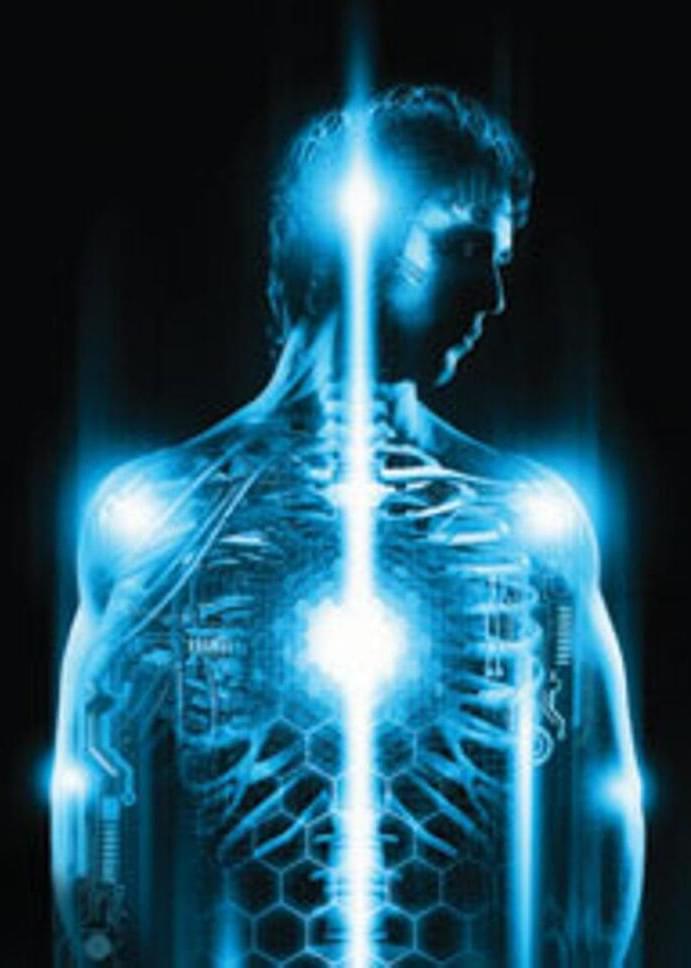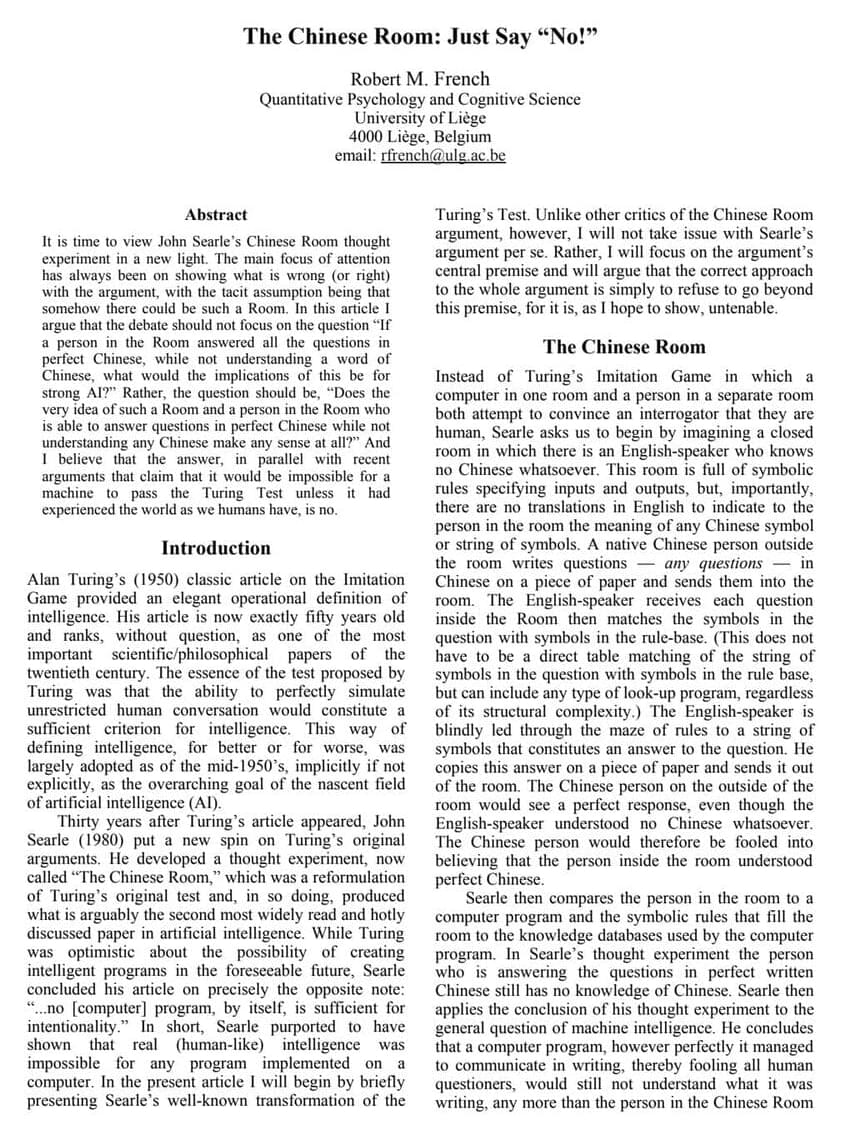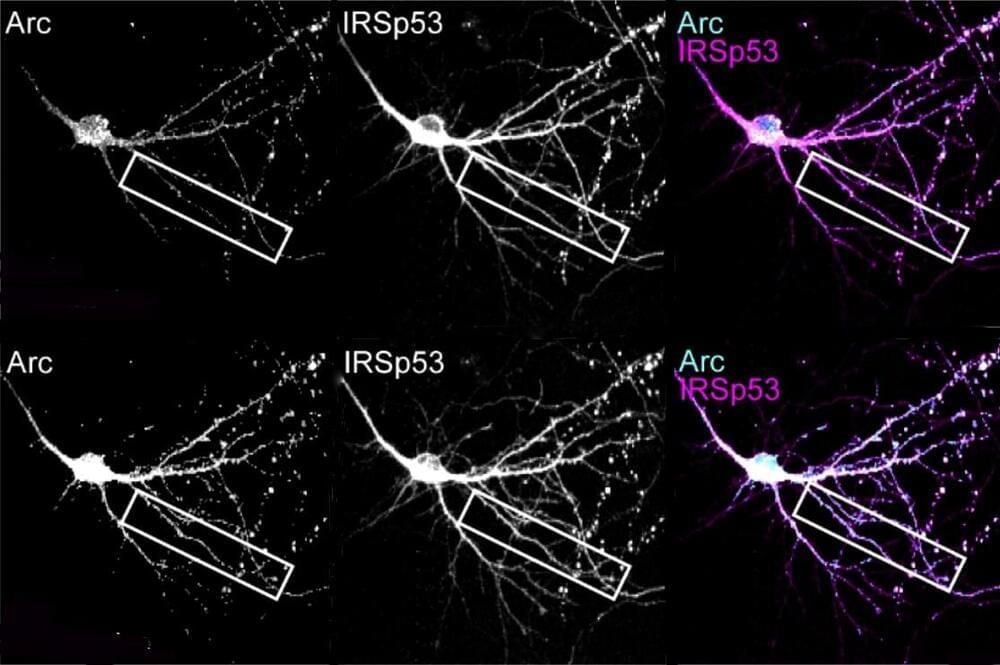Mar 24, 2024
Quantum Computing Unleashed: Magnons Redefine Computational Boundaries
Posted by Saúl Morales Rodriguéz in categories: computing, quantum physics
Researchers at HZDR managed to generate wave-like excitations in a magnetic disk – so-called magnons – to specifically manipulate atomic-sized qubits in silicon carbide. This could open new possibilities for the transduction of information within quantum networks. Credit: HZDR / Mauricio Bejarano.
Researchers at HZDR have developed a new method to transduce quantum information using magnons, offering a promising approach to overcoming the challenges in quantum computing, particularly in enhancing qubit stability and communication efficiency.
Quantum computers promise to tackle some of the most challenging problems facing humanity today. While much attention has been directed towards the computation of quantum information, the transduction of information within quantum networks is equally crucial in materializing the potential of this new technology.

